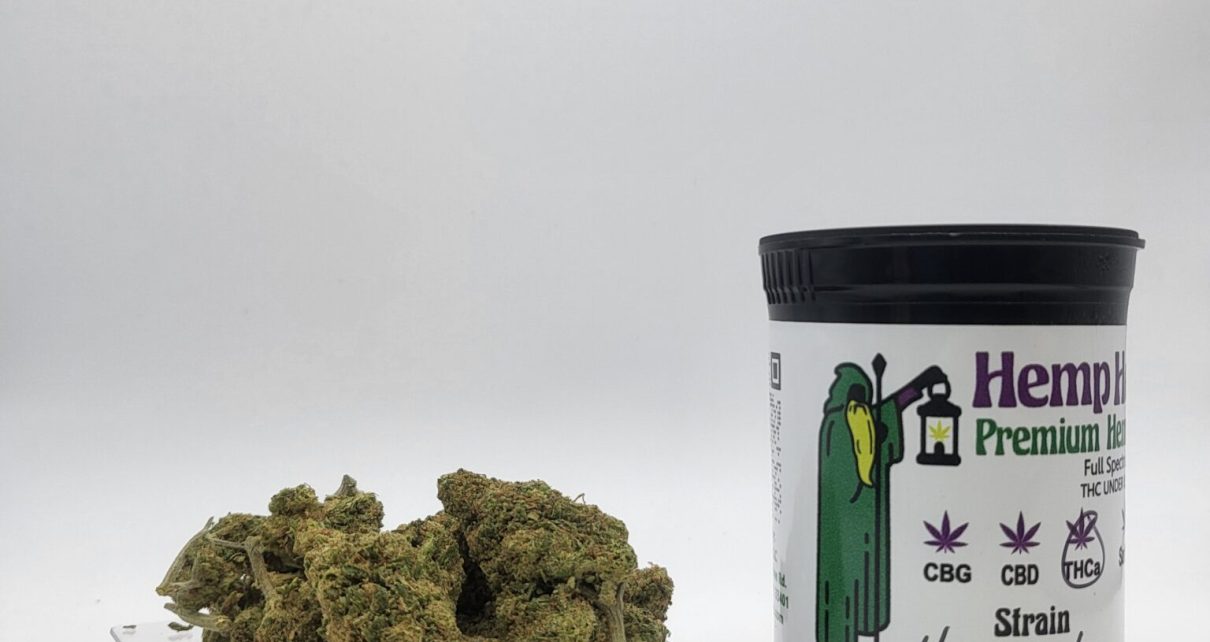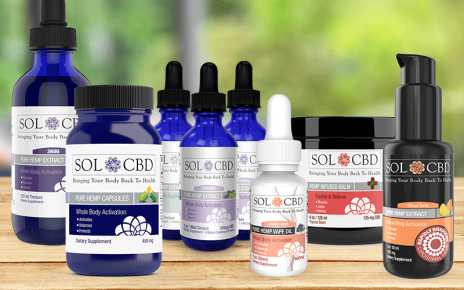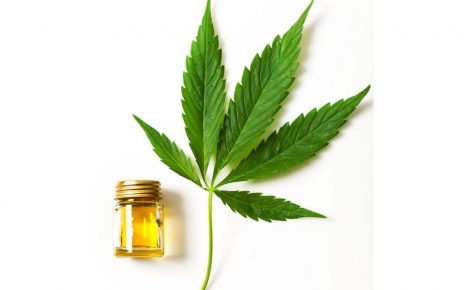In the ever-evolving landscape of cannabis, the term “THCA” has been gaining significant attention. Whether you’re a seasoned enthusiast or just beginning to explore the world of cannabinoids, understanding THCA and its properties is crucial. From its formation to its potential benefits, let’s delve into the intricacies of this fascinating compound.
What is THCA? Unveiling the Basics
THCA, or tetrahydrocannabinolic acid, is a non-intoxicating cannabinoid found in raw cannabis plants. Unlike THC (tetrahydrocannabinol), which is renowned for its psychoactive effects, THCA doesn’t produce a high when consumed in its raw form. Instead, it serves as a precursor to THC, undergoing a process called decarboxylation when exposed to heat.
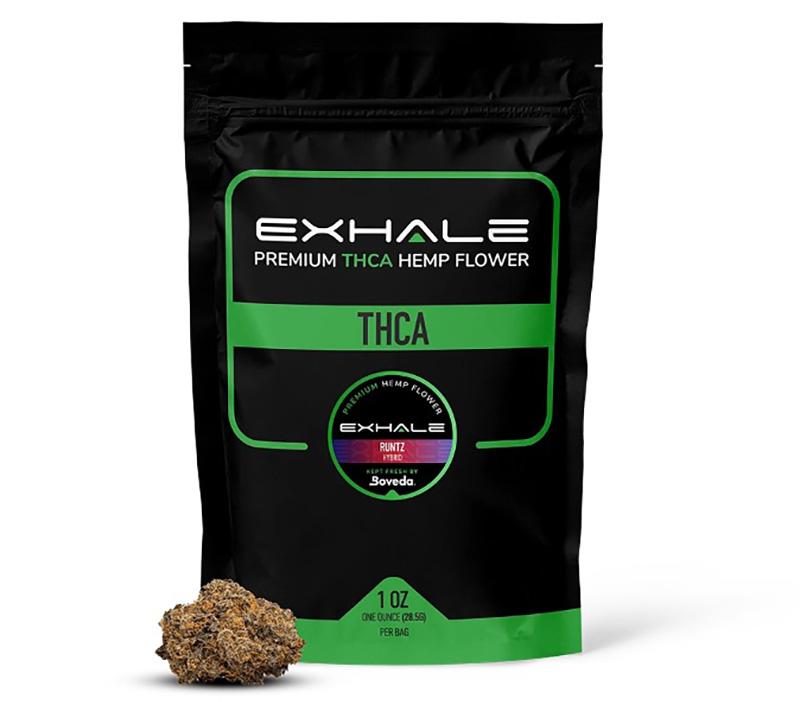
Formation and Conversion: The Journey of THCA
High THCA flower contains an abundance of this cannabinoid in its acidic form. Through a series of enzymatic processes within the cannabis plant, THCA is synthesized from its precursor, cannabigerolic acid (CBGA). As the plant matures and is exposed to sunlight, THCA levels increase. However, it’s important to note that THCA must undergo decarboxylation—often through smoking, vaping, or cooking—to convert into THC and unlock its psychoactive properties.
Properties and Potential: Exploring THCA’s Effects
While THCA doesn’t directly induce a high, emerging research suggests that it possesses a myriad of potential therapeutic benefits. Studies indicate that THCA exhibits anti-inflammatory, neuroprotective, and antiemetic properties, making it a promising candidate for various medical applications. Additionally, some individuals report using THCA-rich products for pain management, appetite stimulation, and mood enhancement.
Consumption Methods: Maximizing THCA’s Potential
To harness the benefits of THCA, it’s essential to explore diverse consumption methods. While smoking or vaping high THCA flower can provide immediate relief, consuming raw cannabis in juices or smoothies preserves THCA in its acidic form, offering a more subtle yet sustained effect. Alternatively, incorporating THCA-rich extracts into edibles or topicals allows for precise dosing and targeted application.
The Future of THCA: Unraveling New Horizons
As cannabis research continues to advance, the spotlight on THCA will likely intensify. With ongoing exploration into its therapeutic potential and innovative product development, THCA stands poised to revolutionize the medical cannabis landscape. Whether as a standalone treatment or in synergy with other cannabinoids, the future holds exciting possibilities for harnessing the power of THCA.
Navigating Legal and Regulatory Frameworks
Despite its promising attributes, the legal status of THCA varies across jurisdictions. While some regions permit the cultivation and consumption of high THCA flower for medical or recreational purposes, others impose restrictions or outright bans. As legislative landscapes evolve, staying informed about local regulations is essential for responsible and compliant use.
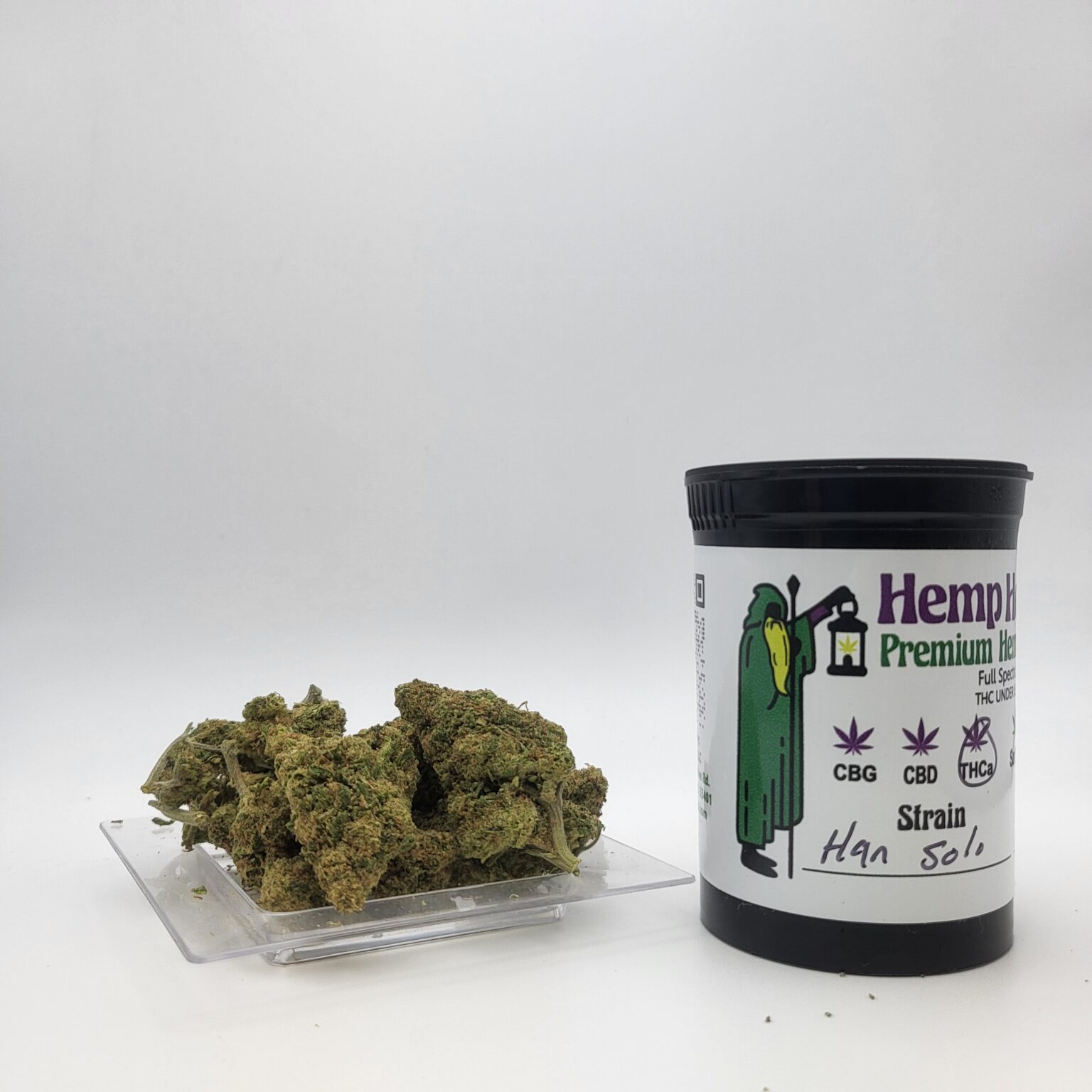
In Conclusion
In the realm of cannabis science, THCA represents a captivating frontier. From its role as a precursor to THC to its emerging therapeutic applications, THCA offers a wealth of opportunities for exploration and innovation. By understanding its properties and potential, individuals can make informed choices and unlock the myriad benefits that THCA has to offer.

